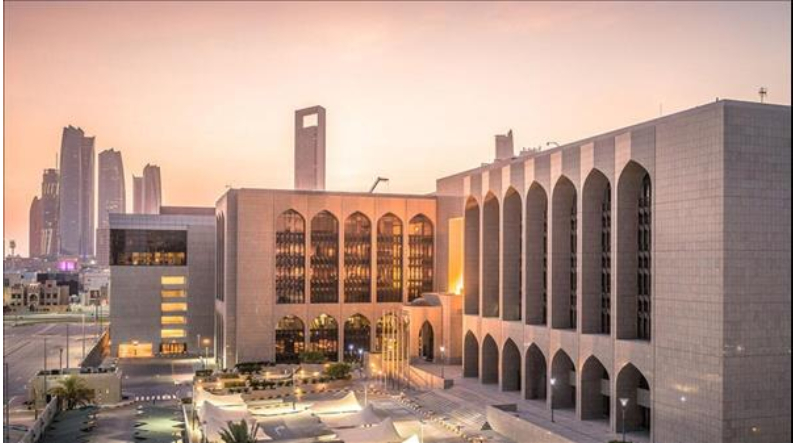U.A.E.’s decision to grant a licence to Russia’s MTS Bank may raise more alarm in the West about the rise of the Gulf state as a potential financial haven for Moscow.
The decision by the central bank to issue the banking licence to the lender, which is not subject to western sanctions, was made to accommodate the rising demand for financial services among Russian emigrants, according to officials and executives briefed on the matter. One person briefed on the decision said, “It’s all about the business case [and] the number of Russians living here now.”
Since Russia’s invasion of Ukraine a year ago, tens of thousands of Russians have relocated to the United Arab Emirates (UAE), primarily to Dubai, to avoid military service or to avoid economic hardship in Europe. There has been a lot of grumbling about the difficulty of opening bank accounts at the existing lenders in the country, particularly corporate facilities. The Russian financial institution has been granted a licence in the UAE for the first time in years.
Since sanctions were tightened after the invasion, the United States and European nations have become concerned about the United Arab Emirates’ financial interaction with Russia. While in Abu Dhabi last week, US Treasury Undersecretary for Terrorism and Financial Intelligence Brian Nelson brought up the question of the Russian bank’s licence. During the talks, “[he] conveyed broad concerns about financial connectivity with Russia, even via non-sanctioned banks,” according to a source familiar with the matter.
According to a Treasury statement released before Nelson’s trip, he met with government counterparts and financial institutions to convey the US’s determination to aggressively enforce its sanctions. Those “permissive jurisdictions” that do business with sanctioned entities or fail to conduct effective due diligence risk losing access to developed markets, the statement warned.

The Central Bank of the United Arab Emirates and MTS Bank, Russia’s largest mobile operator, both declined to comment.
This comes at a particularly precarious time for the UAE, which was placed under heightened supervision by the global anti-money-laundering watchdog, the Financial Action Task Force, last year. The Middle East’s financial centre has been trying to get off the so-called “grey list” maintained by the Financial Action Task Force (FATF). The decision is expected by the end of February.
Also Read : Choosing an International School in Chicago Top 5 Benefits
The presence of yachts owned by sanctioned Russian oligarchs has sparked fears of deeper illicit financial ties between the United Arab Emirates and Russia.
Officials in Abu Dhabi have dismissed these worries, saying the emirate works hard to cut off funds flowing to sanctioned Russian organisations while not unfairly targeting legitimate businesses and individuals.
Banks are urged by the government to implement western sanctions so that they can avoid losing correspondent banking relationships with lenders in the United States and Europe.
Frustrated by what it sees as the United States’ disinterest in the Middle East, the Gulf state has been shifting its focus to other global powers like Russia and China.
The licence, according to one person familiar with MTS’s workings, will make it simpler for Russians to open bank accounts and provide a new route for the influx of money into the UAE.
The bank’s chairman, Ilya Filatov, reportedly travelled to the United Arab Emirates (UAE) last week in preparation for the launch of the financial institution’s services in the coming months.
the Russian community in the UAE has heard rumours that the bank will soon be opening there. One teller remarked, “Everyone is trying to track them down here.” The impact of this will be monumental.
